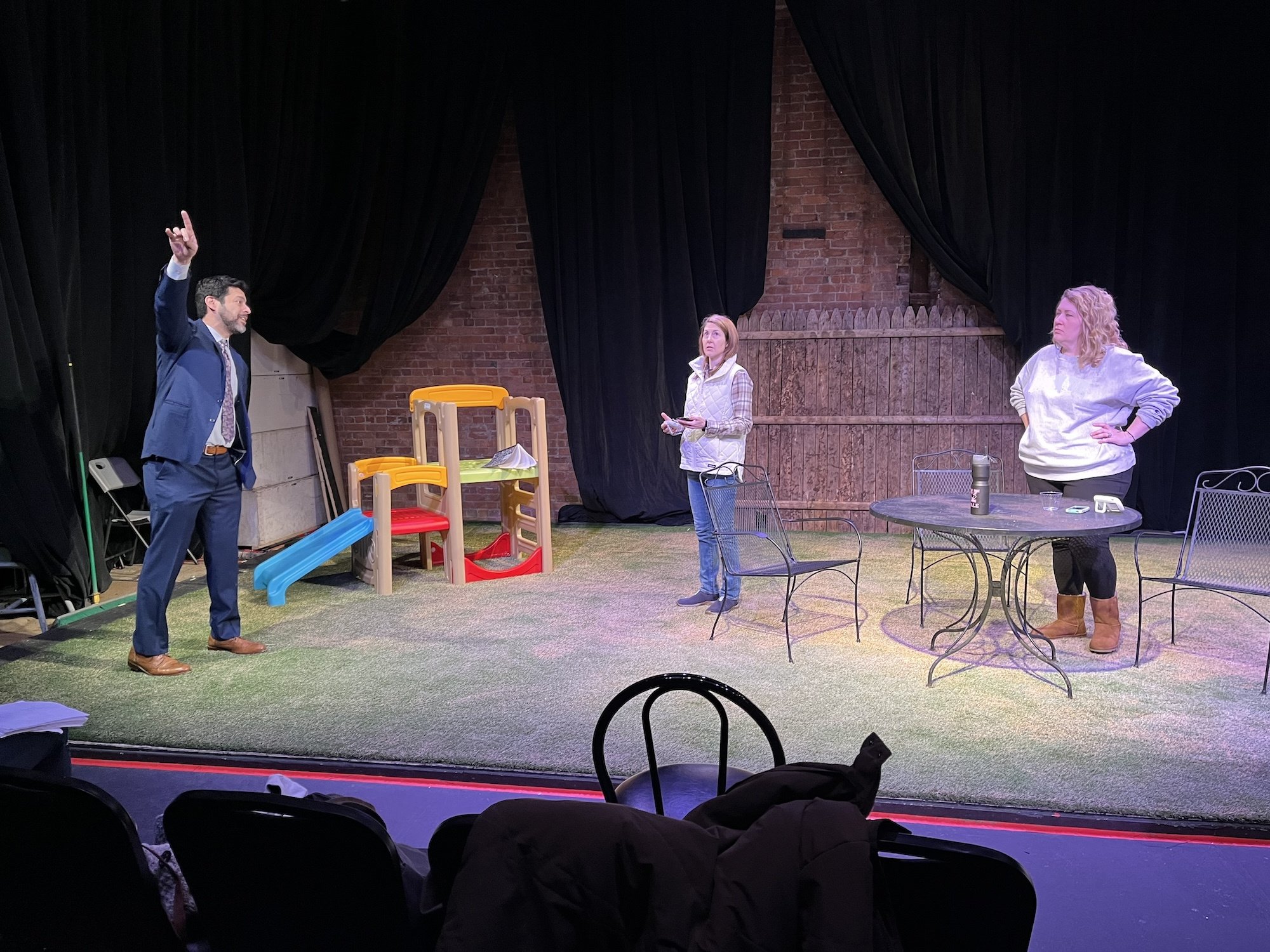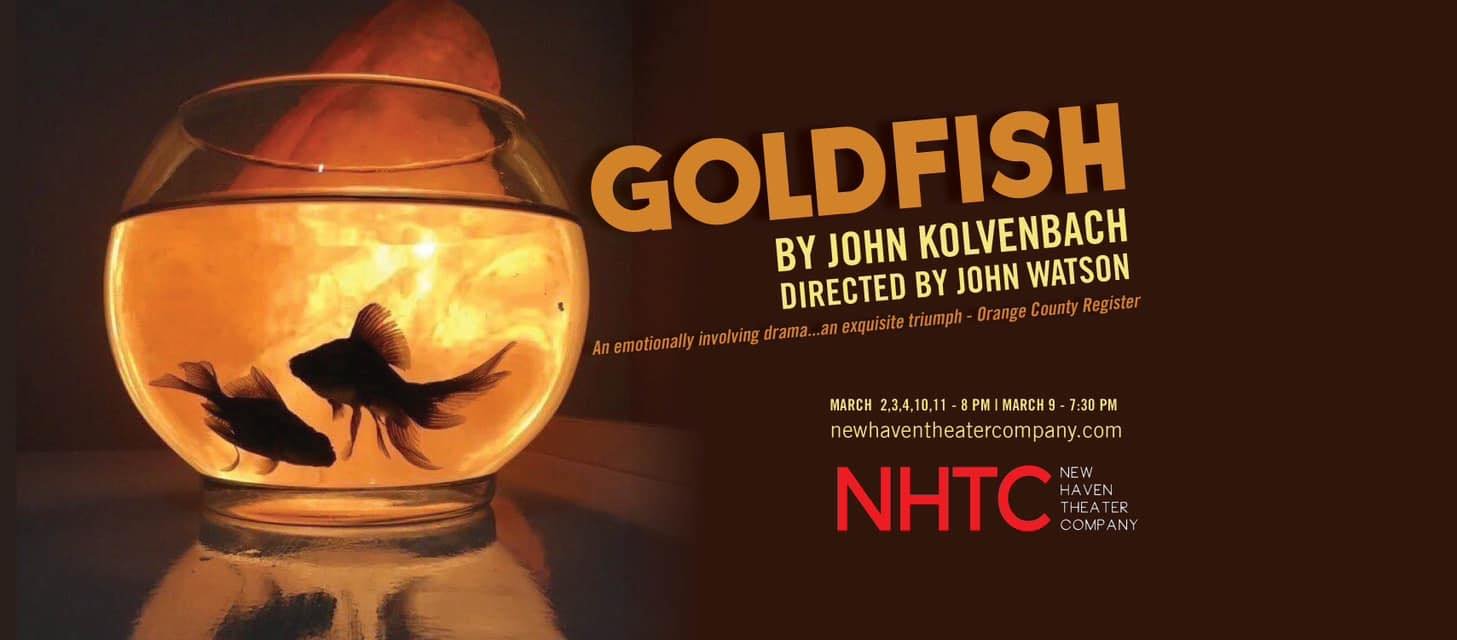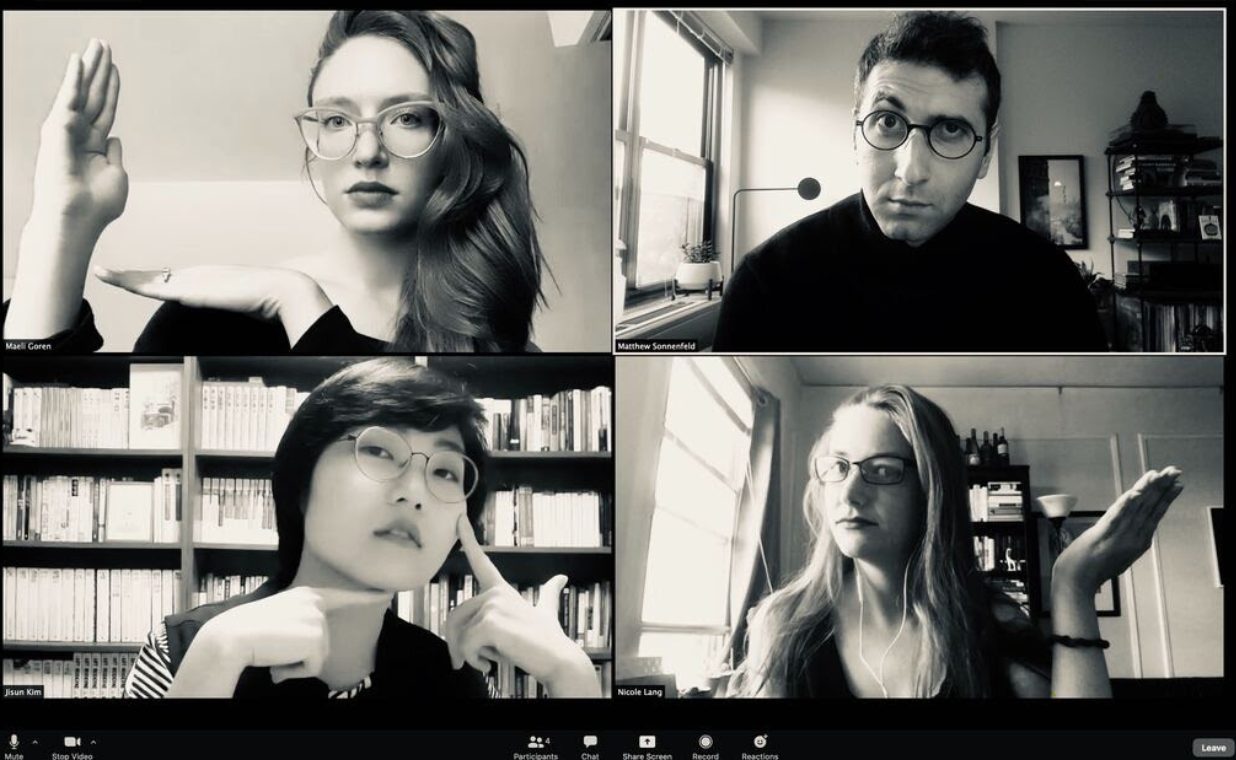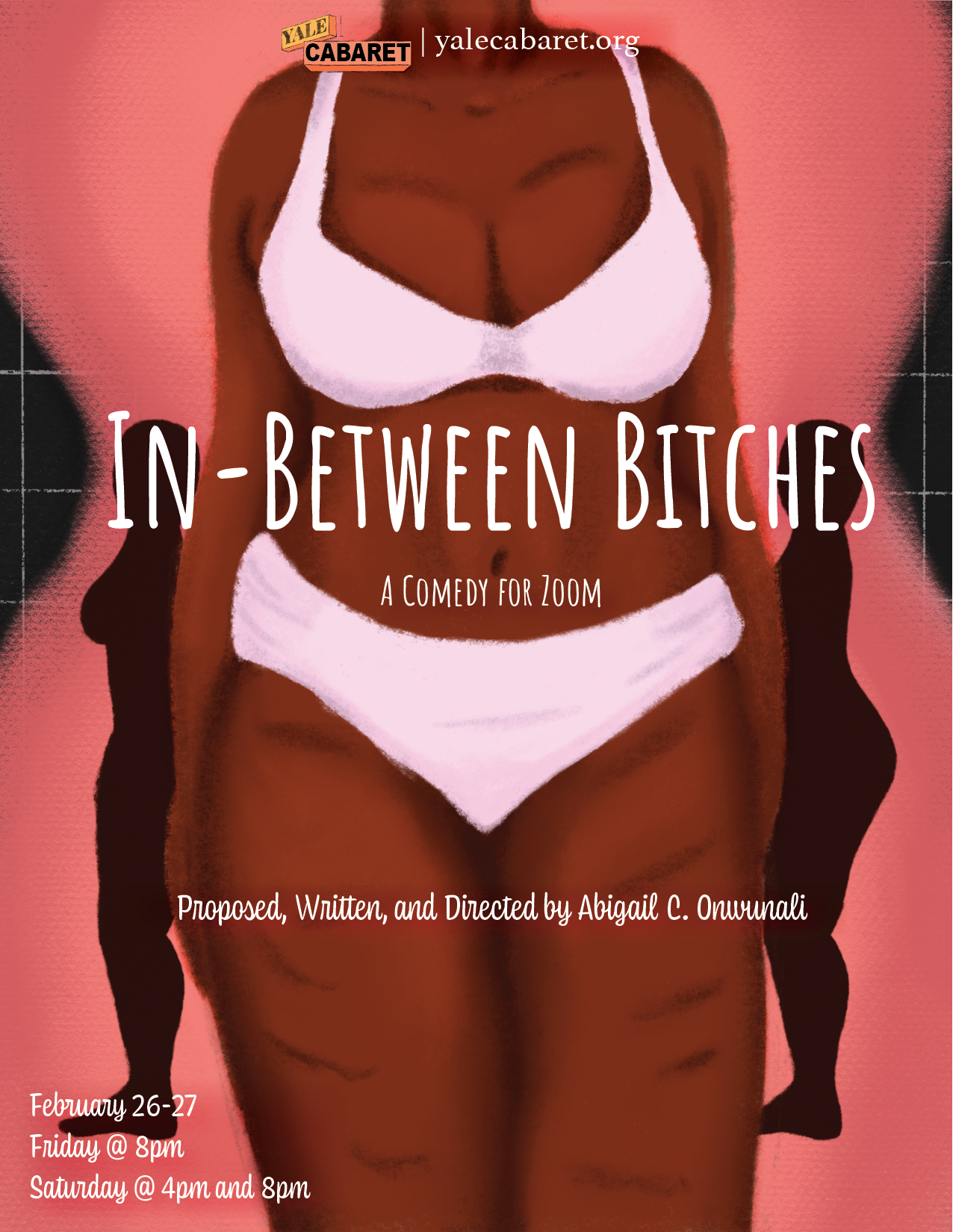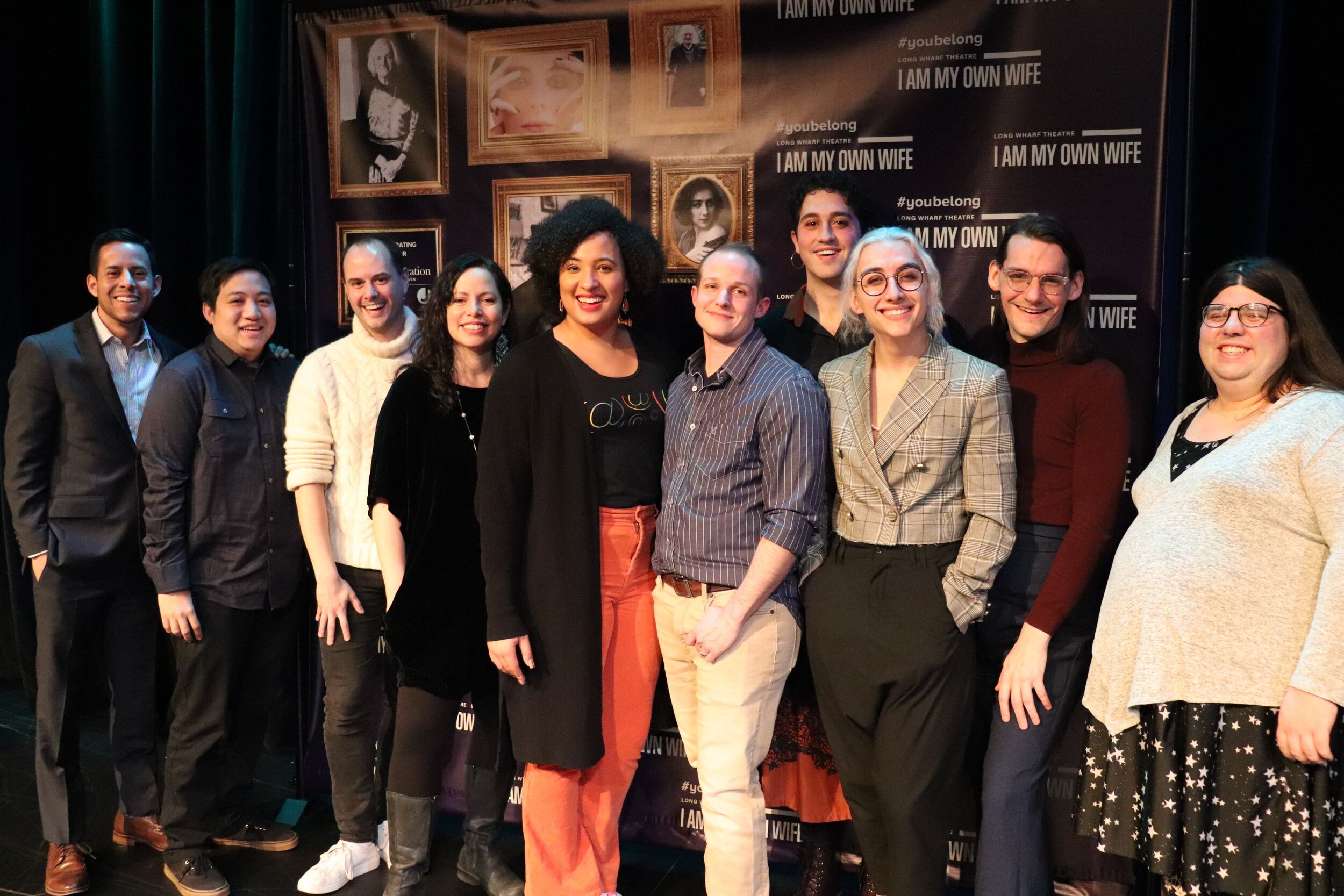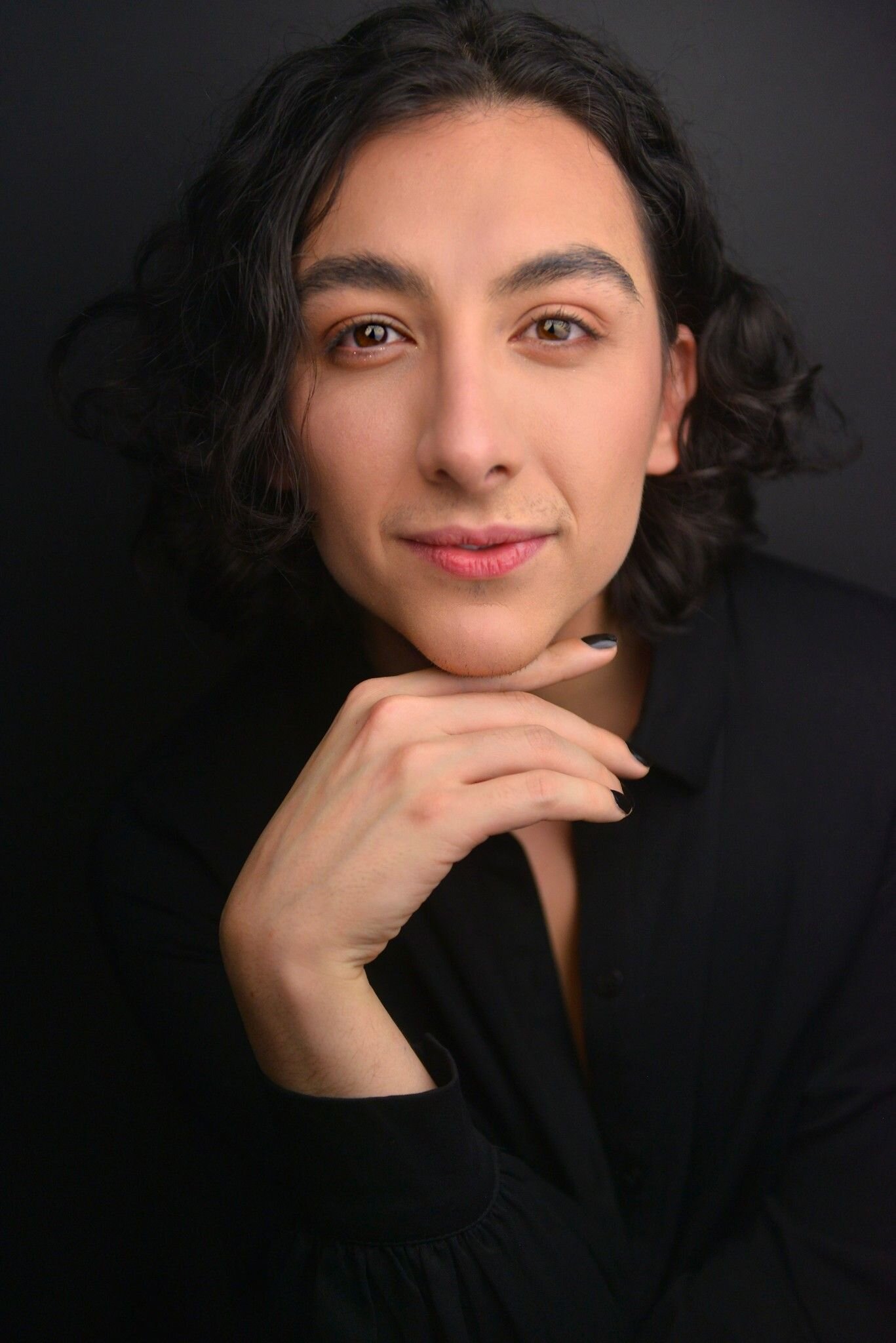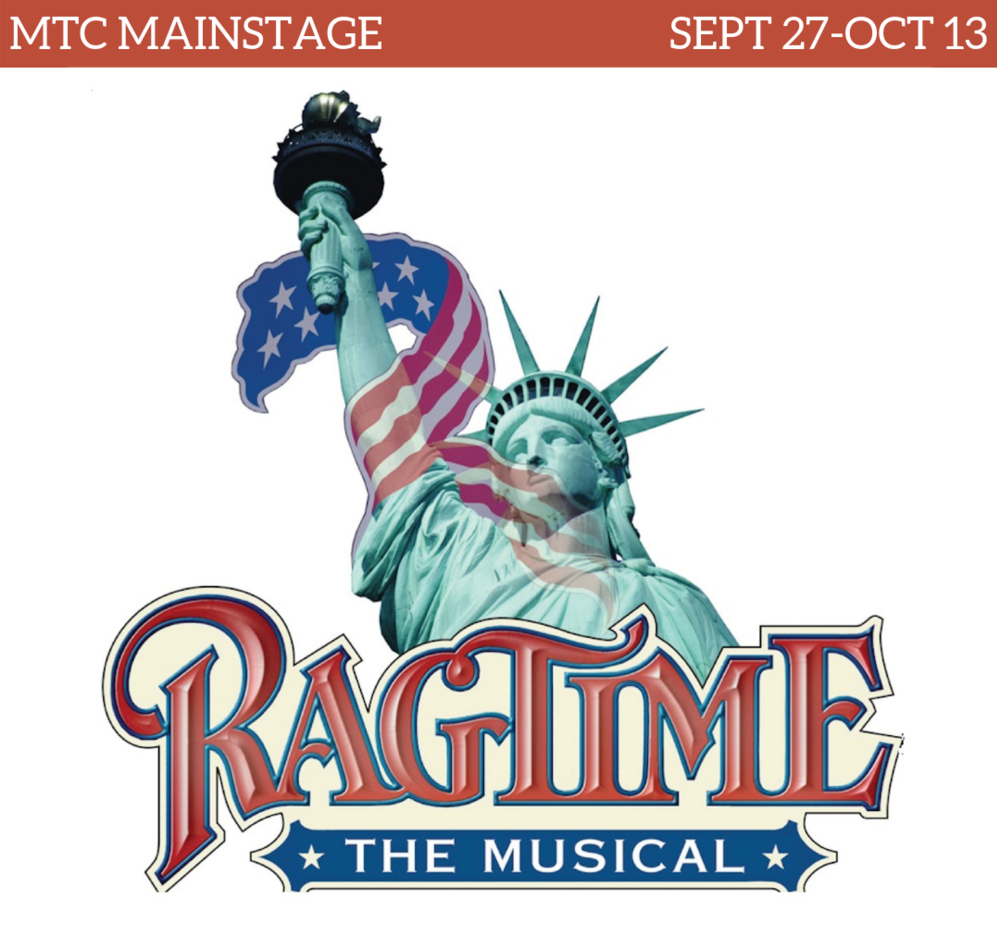Preview of Webster’s Bitch, New Haven Theater Company
A live mic picks up a slur spoken by the boss of a dictionary-editing team, setting his office of lexicographers working to define a troubling word, and maybe—when the remark goes “viral”—navigating the damage. Laughs ensue, but also issues about office politics, sexism, cancel culture, the internet, censorship, and who gets to say what we get to say.
Brooks Appelbaum of Connecticut Critics Circle, reviewing the play’s premiere at Playhouse on Park in West Hartford almost a year ago, said that Jacqueline Bircher’s Webster’s Bitch “hits many topical notes in a sharp and entertaining way and introduces us to a world we may know little to nothing about: the world of lexicography, or of keeping dictionaries correct and current.”
For the New Haven Theater Company, Webster’s Bitch is a match made in heaven: a single-location set, a small cast of five that stretches from elders, in their fifties, to juniors, in their thirties, and a lone twentysomething who plays gadfly to her elders. And action that is dialogue-driven, and smart, funny, and relevant, about “issues that interest the company.”
Company member Susan Kulp, who proposed the play to the NHTC, was unable to take part due to the fact that she’s been busy acting in productions all over the state (Beauty and the Beast at Legacy Theater, Grumpy Old Men at Seven Angels Theatre, and currently The Executioner’s Wife at Milford Arts Council). The other Company members who might fit the parts best were also unavailable (most of them had already been involved this year in NHTC’s highly successful, sold-out run of Cry It Out). And so, an occurrence unprecedented in NHTC’s long life: the majority of the cast was secured through auditions.
NHTC member Ralph Buonocore plays Frank, the boss; Buonocore was last seen at NHTC in One Flew Over the Cuckoo’s Nest as Mancini; the other cast-members are making their debut at NHTC: Lillian Garcia, a regular actor at Square One in Stratford, plays Joyce, Frank’s chief assistant at the office; Abby Klein, an actor newly returned to New Haven and the stage, plays Gwen, a lexicographer also in charge of social media; Gavin Whelan, an actor whose past work mostly took place in Indiana, plays Nick, another lexicographer; and Lisa DeAngelis, who acted recently in Fairview with Collective Consciousness Theatre and in Angels in America at Madison Lyric Stage, plays Ellie, Gwen’s younger sister. A recently departed third lexicographer is never seen but her successful brokering of a published novel is a topic of discussion.
A rehearsal of Webster’s Bitch at New Haven Theater Company (photo by NHTC)
Company stalwarts Margaret Mann and John Watson direct, having joined forces four times before for NHTC, co-directing the productions of The Dumb Waiter, Retreat from Moscow, Love Song and, most recently, Goldfish. One could say that all the plays they’ve worked on together have been focused on intense interrelations, sometimes in a family, or between a couple or, as here, among co-workers, or, in The Dumb Waiter, between hitmen waiting to hear from their boss. The co-directors work well together, Mann said, because their “sensibilities are very different”; Mann who approaches directing from an actor’s perspective, is concerned about “what feels right”; Watson, while building on his training, likes to encounter “new ideas” from collaboration.
Their camaraderie can be easily grasped in how comfortable they are in talking about the play, which they both found fascinating as a treatment of how language evolves and changes, and how individuals react differently to provocative language. Ellie, as a catalyst, has no filter, and Watson suspected that older viewers might find themselves in sympathy with Joyce who has to keep things running smoothly regardless of personal feelings.
Both co-directors felt that the two lexicographers—especially Gwen—set the tone for what the play is getting at, though as Watson pointed out, the play’s conclusion is “open-ended, leaving the audience hanging between competing agendas.” Whether dictionaries or other linguistic authorities should be descriptive—changing as language usage changes—or prescriptive—indicating what is correct and therefore unchanging. Mann said the play makes us “think about how many usages” there can be for any word, and, as Watson added, “where and who uses it.” He noted that those “deeply offended by bad language” may find the script a bit off-putting. “It’s not about vulgarity,” he quickly added, “but about what’s offensive and what’s not and why.”
A matter of taste, or a task for the policing of personal expression?
Webster’s Bitch plays at New Haven Theater Company, 839 Chapel Street, next Thursday, May 9, 7:30 pm, and Friday, May 10, and Saturday, May 11, at 8 pm; those three shows have been listed as Sold Out, as is the show Thursday, May 16, 7:30 pm; tickets are still available for the shows at 8 pm on Friday, May 17, and Saturday, May 18. Go here for tickets.

